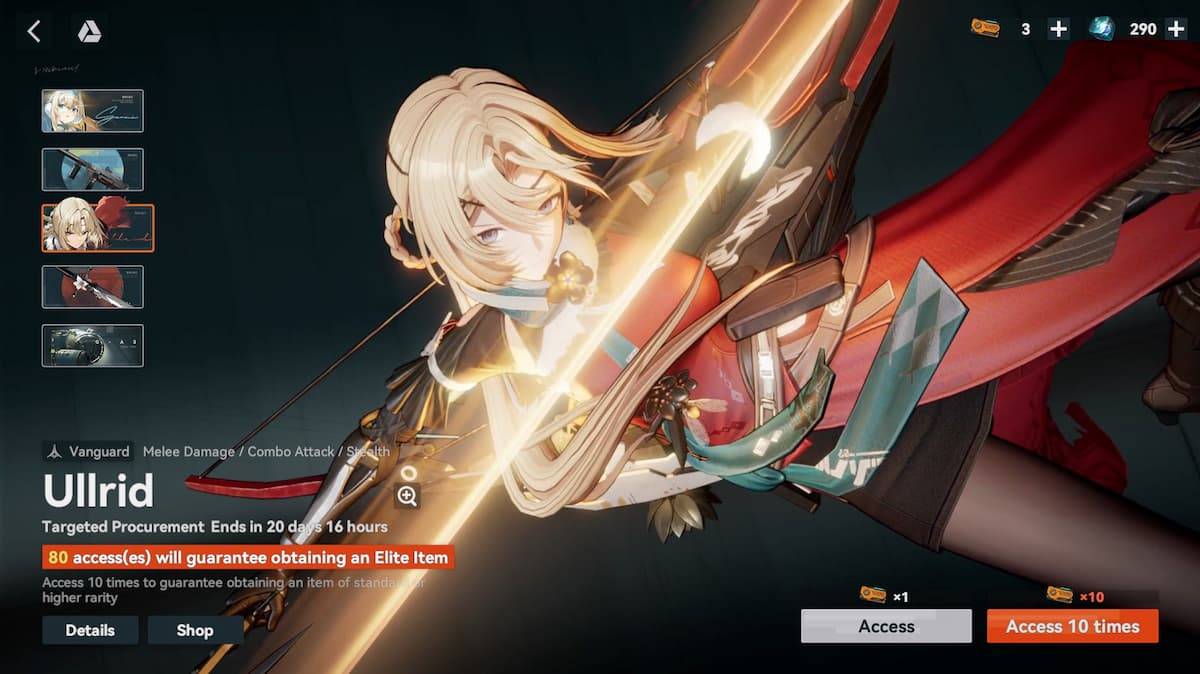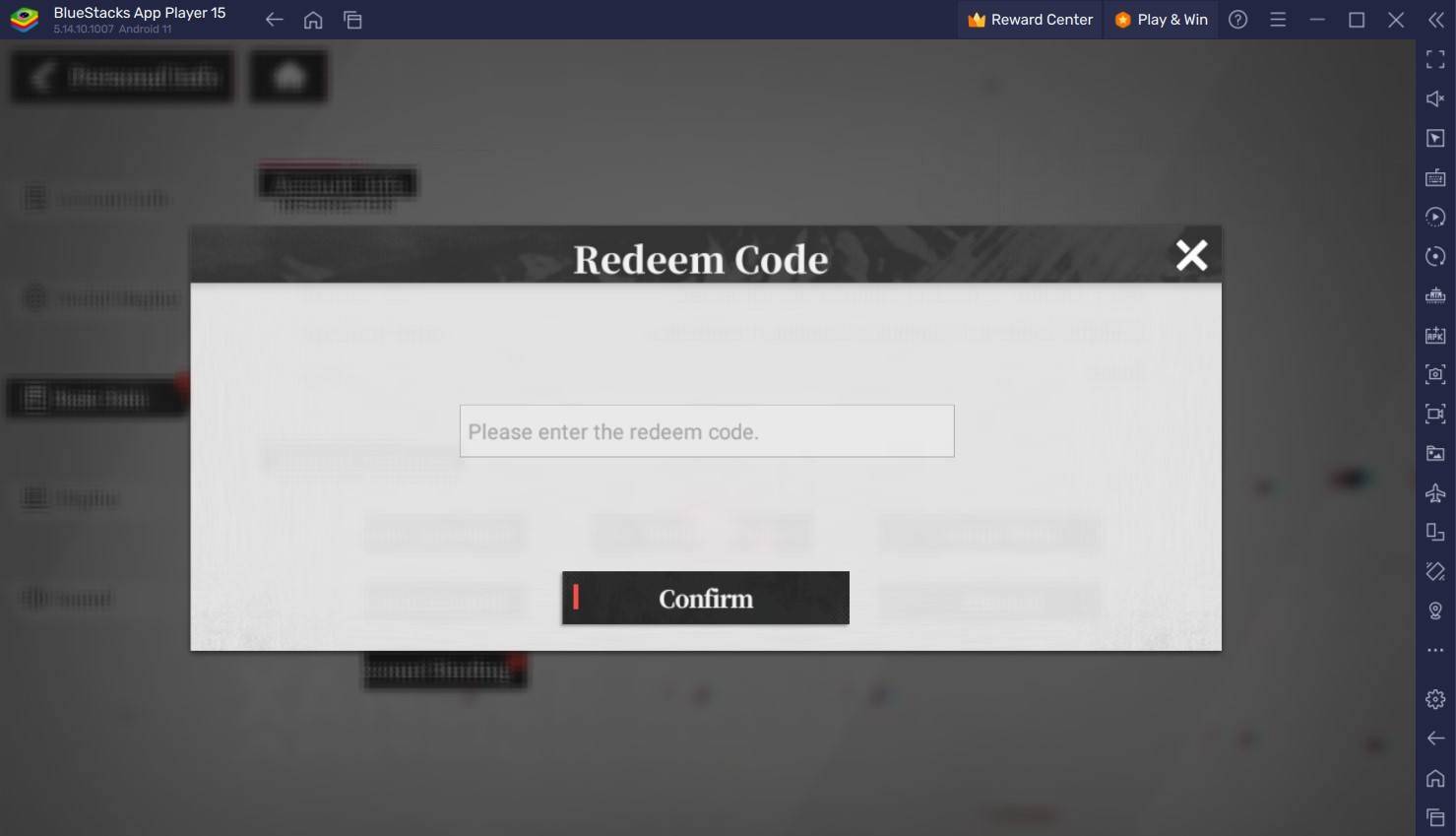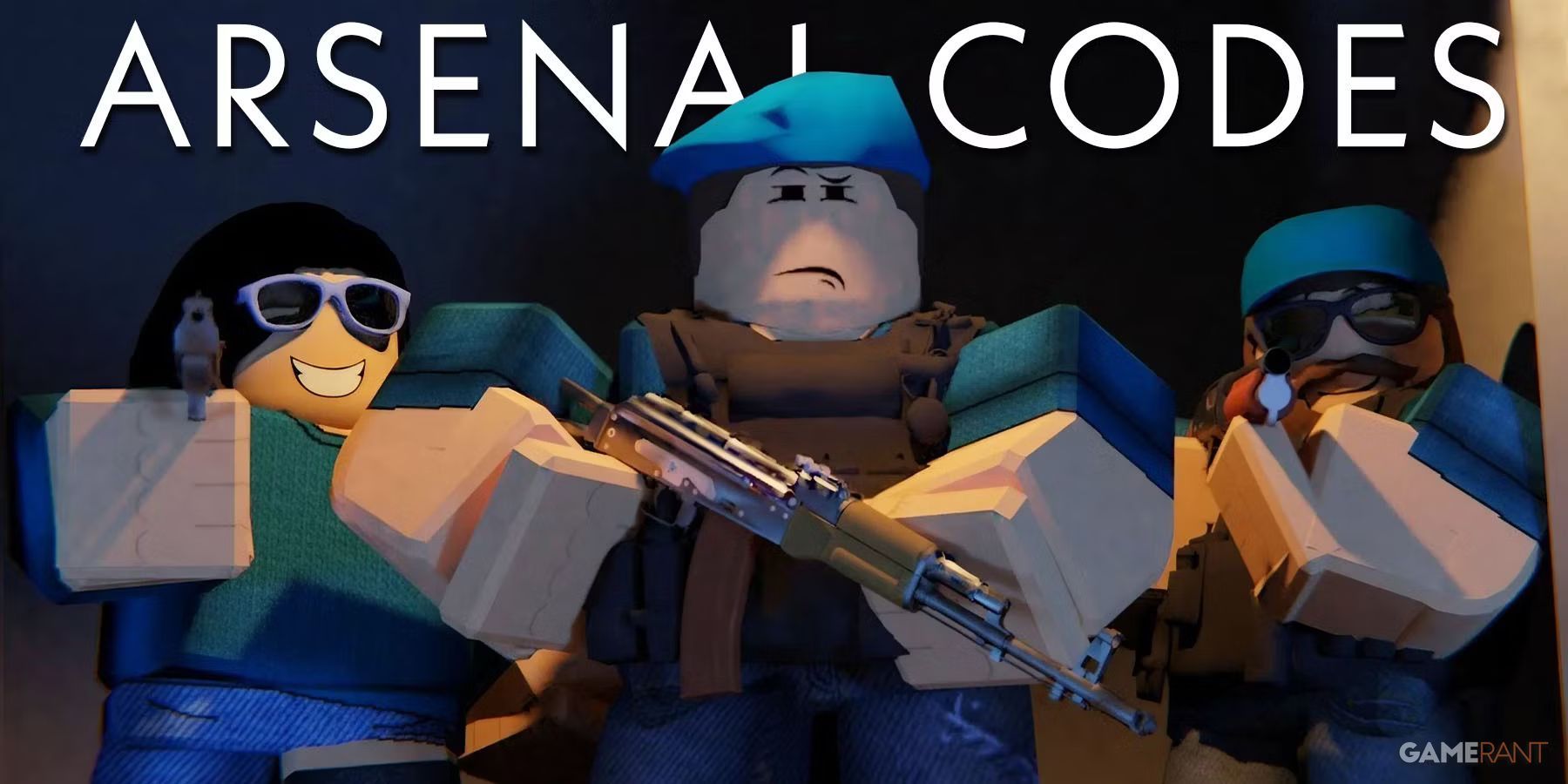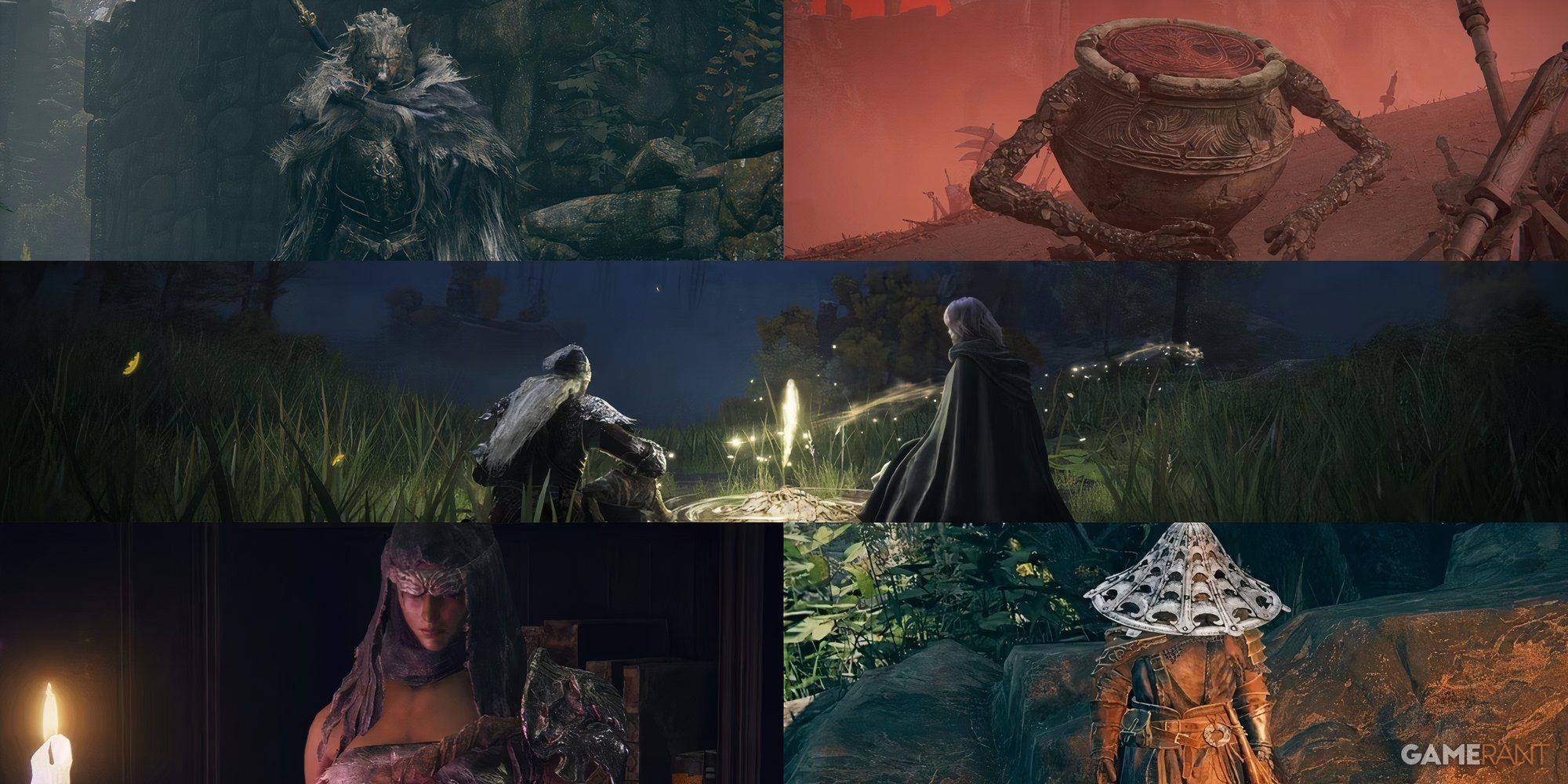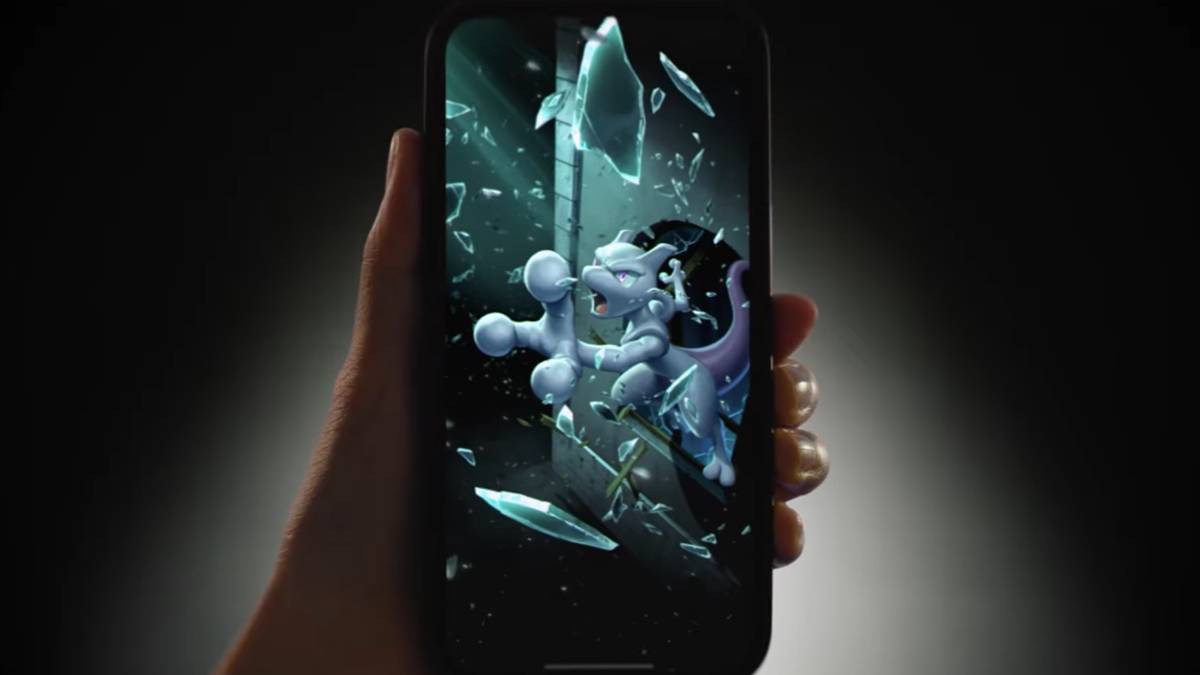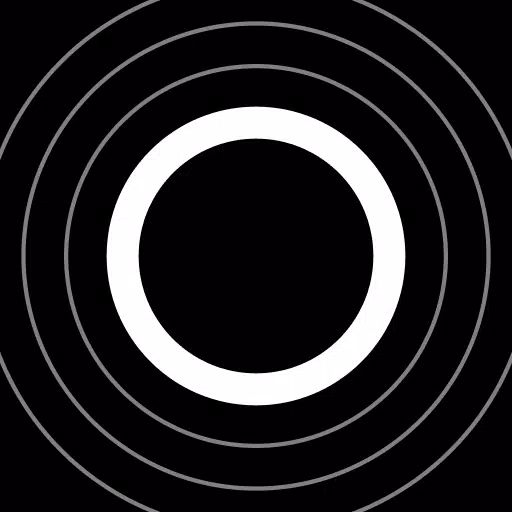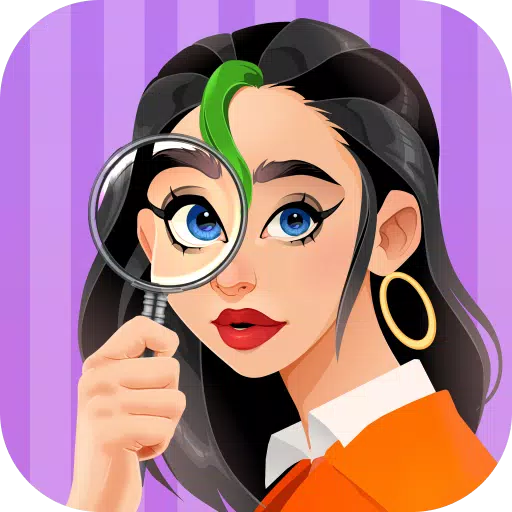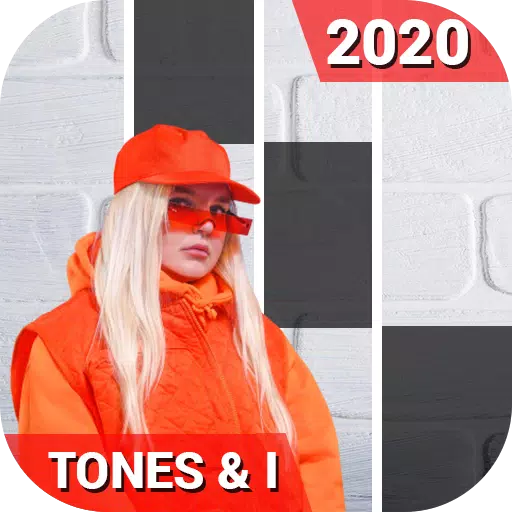Japanese VR Game Aims to Improve Eyesight
In our digital world, it's all too easy to accumulate hours of screen time between phones, game consoles, and computers. As anyone who has endured the headache and blurry vision after a long gaming session or social media binge can attest, this constant exposure isn't ideal for your eye health. Staring at screens fatigues the ciliary muscles in your eyes, which are responsible for focusing, and can contribute to the development of nearsightedness. Surprisingly, the solution to better eyesight might be... playing more games?
A recent study from researchers at Japan's Kwansei Gakuin University created a VR game designed to enhance players' vision. While further investigation is required, this game shows potential for helping individuals with simple myopia, or nearsightedness, strengthen their eyesight.
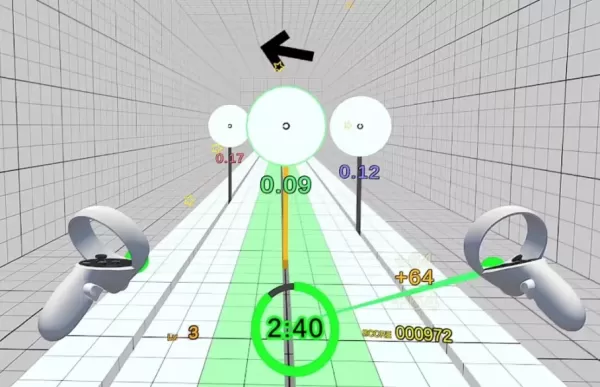
The game itself is a straightforward target shooter developed in Unity for the Meta Quest 2. It features three lanes, each with a circular target on a post. Players press the controller's trigger to activate a virtual laser. Aiming this laser at a lane highlights both the lane and its target, putting the player into an "aiming" mode. To successfully hit the target, however, players must move the controller's stick in the direction indicated by a small Landolt C—a black ring with a gap, commonly used in Japanese eye exams—positioned in the target's center.
This VR game was engineered to exercise the eye muscles. Players must constantly shift their focus between targets at varying distances and concentrate on the Landolt C to identify the gap's location. After each session, an arcade-style results screen displays the player's hits, misses, combos, and whether they set a new high score (some participants became quite competitive about their rankings).
The study's findings revealed that the game effectively improved the vision of all participants over a six-week period. Notably, for those with severe myopia, the frequency of gameplay was directly linked to greater vision improvement.
It's important to note that this was a small-scale study involving only ten young participants aged 22 to 36. More comprehensive research is necessary to determine if such a VR game could become a future treatment for nearsightedness. According to the Japanese research paper, the team intends to conduct further experiments with the VR game to confirm its efficacy.
Latest Articles






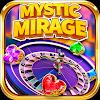
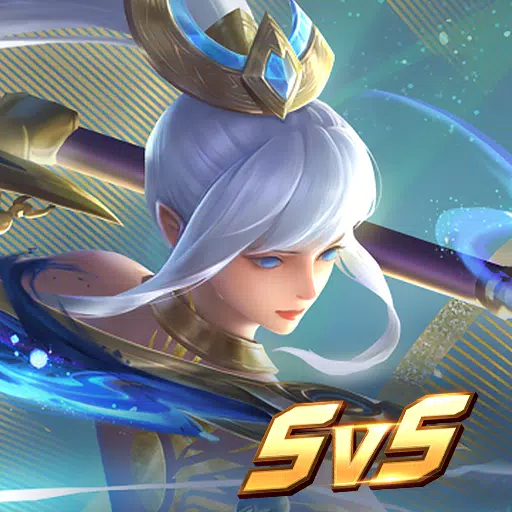



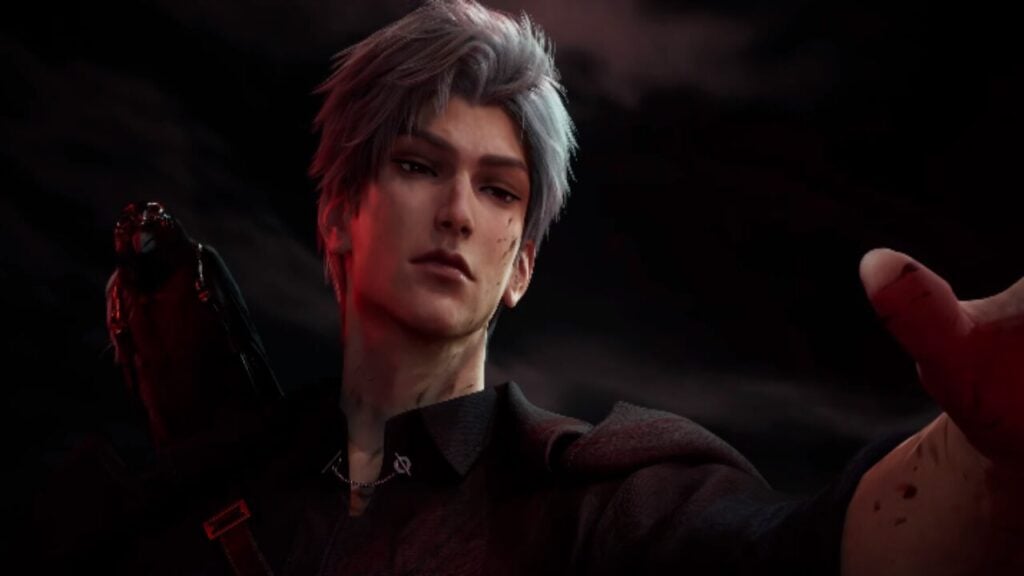
![Roblox Forsaken Characters Tier List [UPDATED] (2025)](https://images.dyk8.com/uploads/18/17380116246797f3e8a8a39.jpg)
